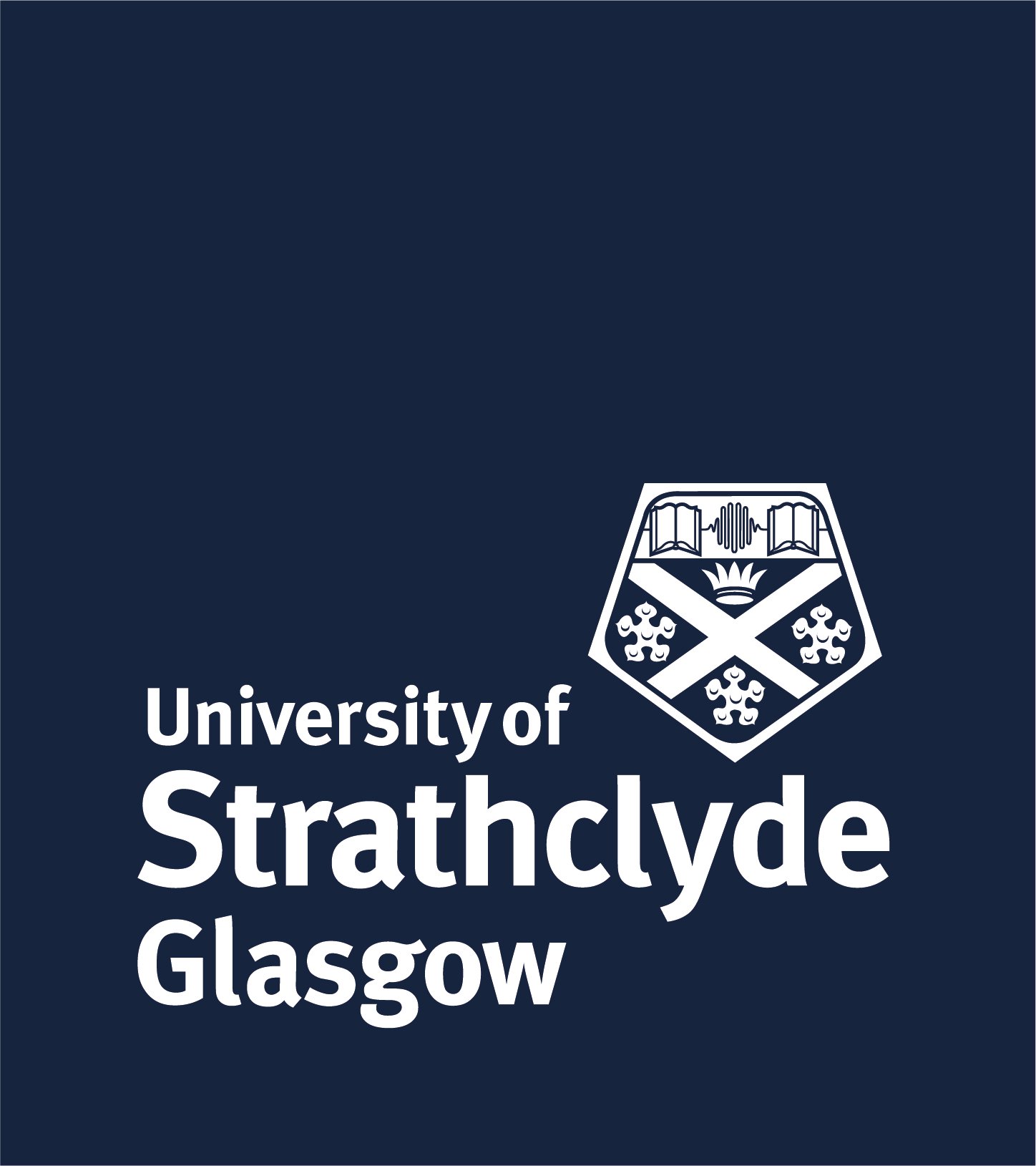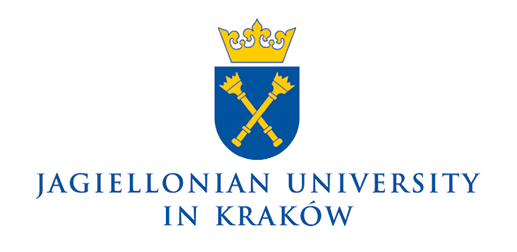The challenge
GEN-MIGRA was a two-year comparative international project, bringing together teams from Brazil, Germany, Poland and the UK. The project sets out to document migrant women’s vulnerabilities and adaptive responses to the Covid-19 pandemic and related restrictions, and produce evidence to help tackle gender-based inequalities.
Although the last two decades have seen increased recognition of the need to explore gendered mobilities and settlement, women migrants continue to face particular challenges which have further been compounded by the Covid-19 pandemic.
Women make up nearly half of all the world’s migrants. However, there is a considerable gap between women and male migrants in employment (at 19% within the EU).
Around the world, women are overrepresented in industries hardest hit by the pandemic, including care, hospitality, food production, health and retail sector. This has been further complicated by borders closures preventing women from seeing their families or accessing their transnational support networks.
Women make up a greater proportion of migrants on low income or without access to public funds, including support with housing, welfare or access to shelters for survivors of violence.
Women migrants are also overrepresented in low-pay jobs, where they may face poor working conditions and risks of physical, sexual and emotional abuse. Globally, 68% of victims of exploitation in care, domestic work and prostitution are women and girls.
Our vision was to:
- Transform knowledge about migrant women’s vulnerabilities and the strategies they used to navigate social risks resulted from the pandemic;
- Inform policy and practice by identifying the social conditions that help migrant women overcome inequalities exacerbated by the pandemic;
- Promote gender-responsive policies to tackle the structural vulnerabilities and risks of exploitation facing migrant women;
- Increase political and public awareness of migrant women’s social protection needs and views on support they need long-term.









